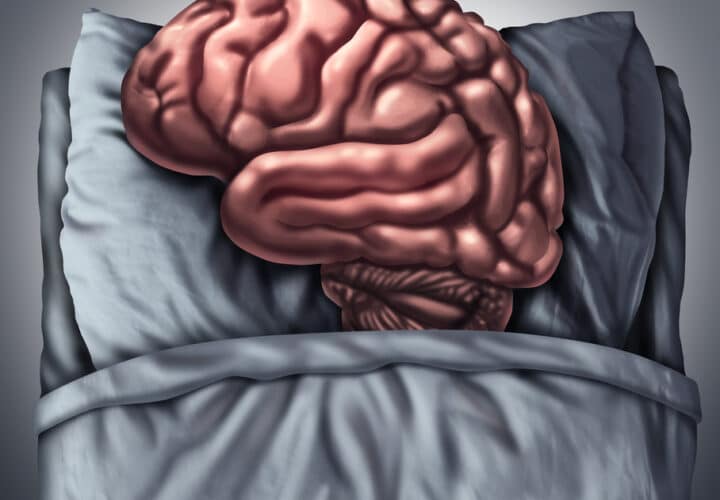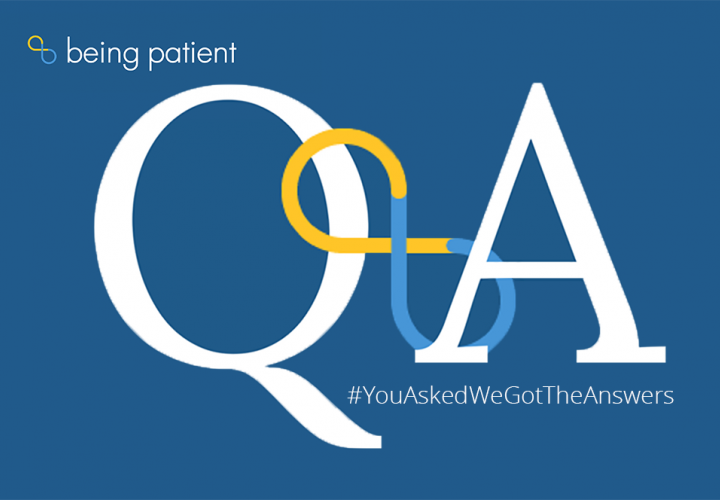A class of prescription sleeping pills known as Z-drugs are linked with an increased risk of adverse effects among people with dementia.
Poor sleep — which often goes hand in hand with dementia — can lead to a number of other cognitive health problems for people living with dementia, not to mention their family and caregivers. To date, there are no proven effective treatments for dementia-related sleep disturbance, but it is not uncommon for doctors to prescribe a certain class of sleeping pills known as Z-drugs.
Now, new research from the University of East Anglia in England indicates that strong doses of Z-drugs (such as zopiclone, zaleplon, and zolpidem) are linked to increased risk of adverse effects — including falls, fractures and strokes — among people living with dementia.
“As many as 90 percent of people with dementia suffer sleep disturbances, and it has a big impact on their mental and physical health,” Chris Fox, a professor at UEA’s Norwich Medical School, said in a news release. “Z-drugs are commonly prescribed to help people sleep. However, these medicines were never licensed for dementia and they have been associated with adverse events such as falls and fracture risks in older people.”
It has already been established that benzodiazepines, another type of drug prescribed for sleep disturbance, have several adverse effects for people living with dementia when taken at high doses. Due to the work of the team at East Anglia, there is now evidence that the adverse effects on this group wrought by Z-drugs are equivalent to benzodiazepines or worse. (Researchers say that people who are already taking higher doses of Z-drugs should not stop taking their medication suddenly without first consulting with their doctor.)
To determine how these particular drugs affect people with dementia, the team analyzed data from 27,090 patients in England who were diagnosed with dementia between January, 2000 and March, 2016. Participants’ average age was 83; 62 percent were women. The researchers looked at the adverse events for 3,532 patients who had been prescribed Z-drugs, compared to those who suffering sleep disturbance but who had not been prescribed any sedatives at all, as well as a third group who had been prescribed benzodiazepines.
“We studied a range of adverse outcomes including fractures, falls, deep vein thrombosis, stroke and death over two years,” Fox said. “And we were particularly interested to see whether higher doses led to worse outcomes. For patients prescribed Z-drugs, 17 percent were given higher doses. We found that these patients on higher doses were more at risk of falls and fractures, particularly hip fractures, and stroke, compared with patients who were not taking any medication for sleep disturbance.”
On the other hand, those on what the team considered lower doses (3.75mg zopiclone or equivalent) were not found to have an increased risk of adverse outcomes, and they found no difference in the number of adverse events for Z-drugs compared to benzodiazepines, other than that Z-drugs were associated with lower mortality rates than benzodiazepines.
According to Dr. Ian Maidment, at Aston University, the lead pharmacist on the study, said the team’s work indicates that clinicians — including general practitioners — and pharmacists should review which patients they currently have on long-term Z-drugs and look for instances of dementia.
“Z-drugs are widely used to treat insomnia in people living with dementia, but are only recommended as a short-term treatment for the maximum of four weeks,” he said.
Meanwhile, for those considering a sleep disturbance prescription, caregiving consultants may be able to offer guidance for how to improve sleep without as much reliance on prescription drugs.
Fox added: “This research shows us that higher dose Z-drugs should be avoided, if possible, in people living with dementia, and non-pharmacological alternatives preferentially considered.”
He reminds readers how important it is that patients already on higher dose Z-drugs not stop taking their medication abruptly: “We recommend that they should make an appointment to see their GP for a review,” he said.






